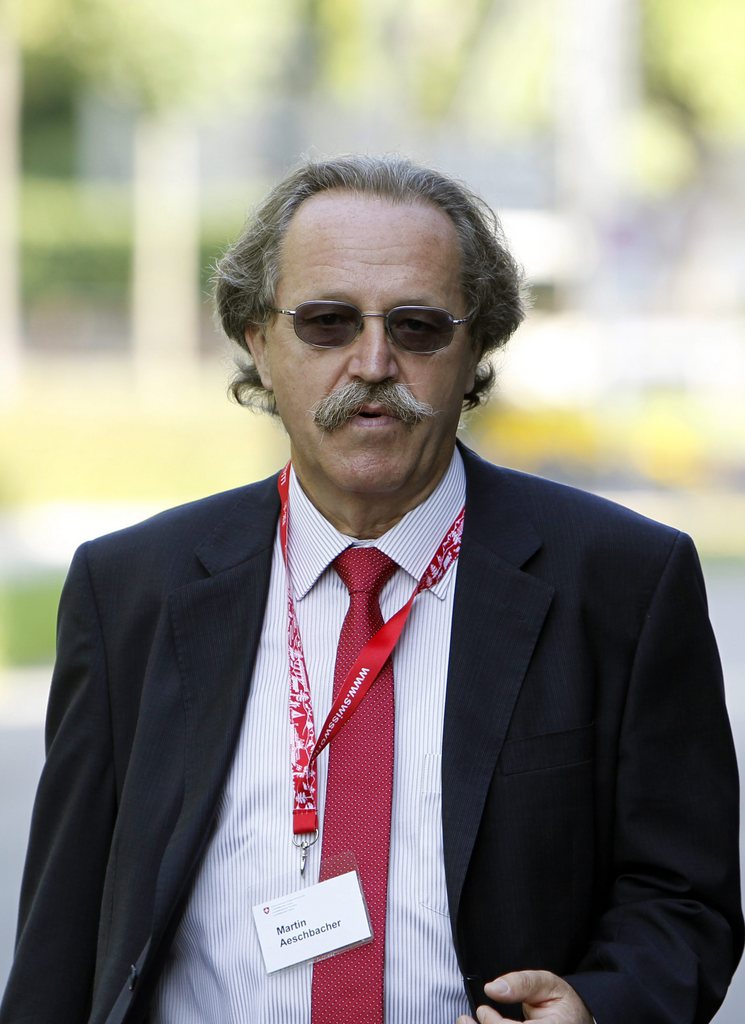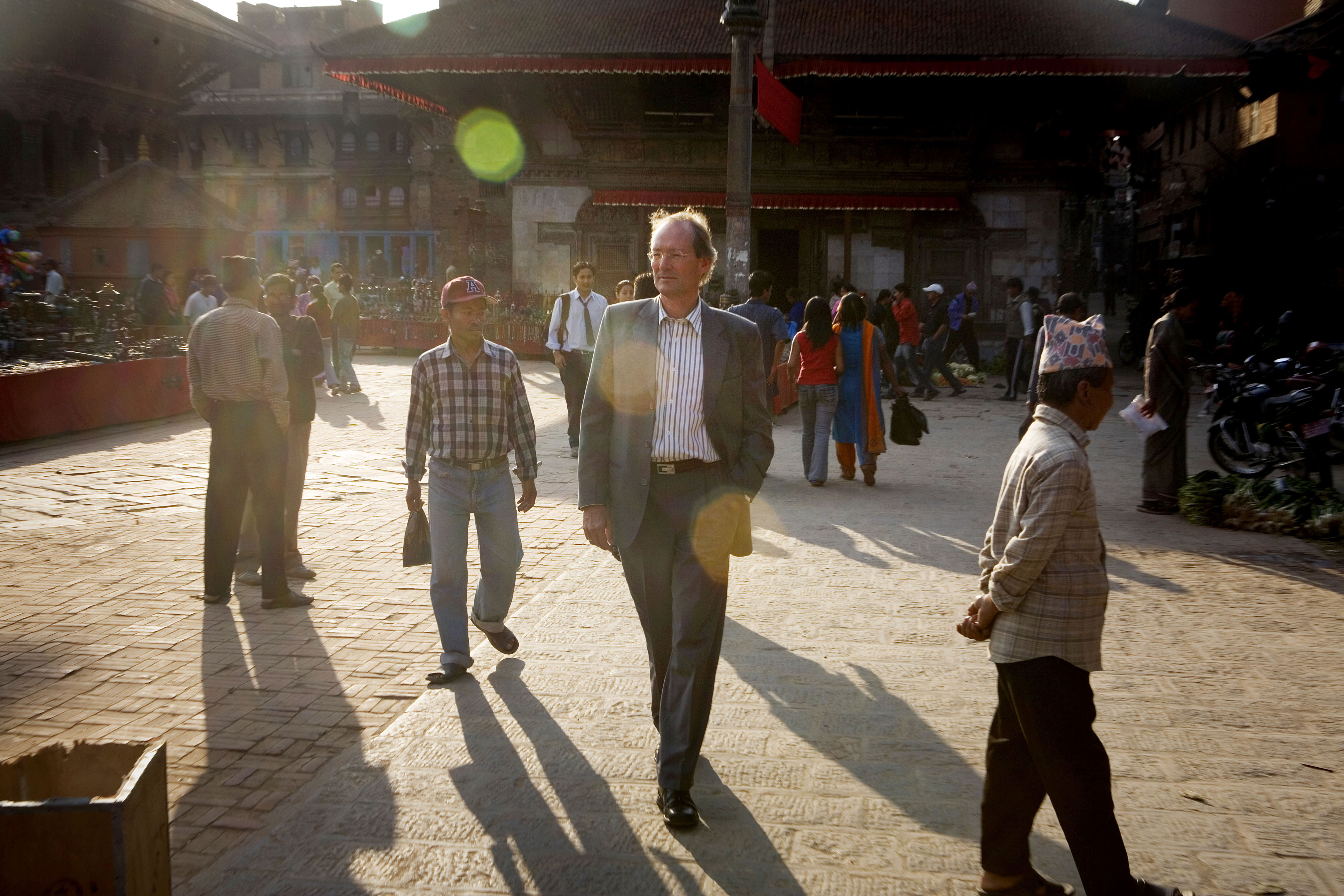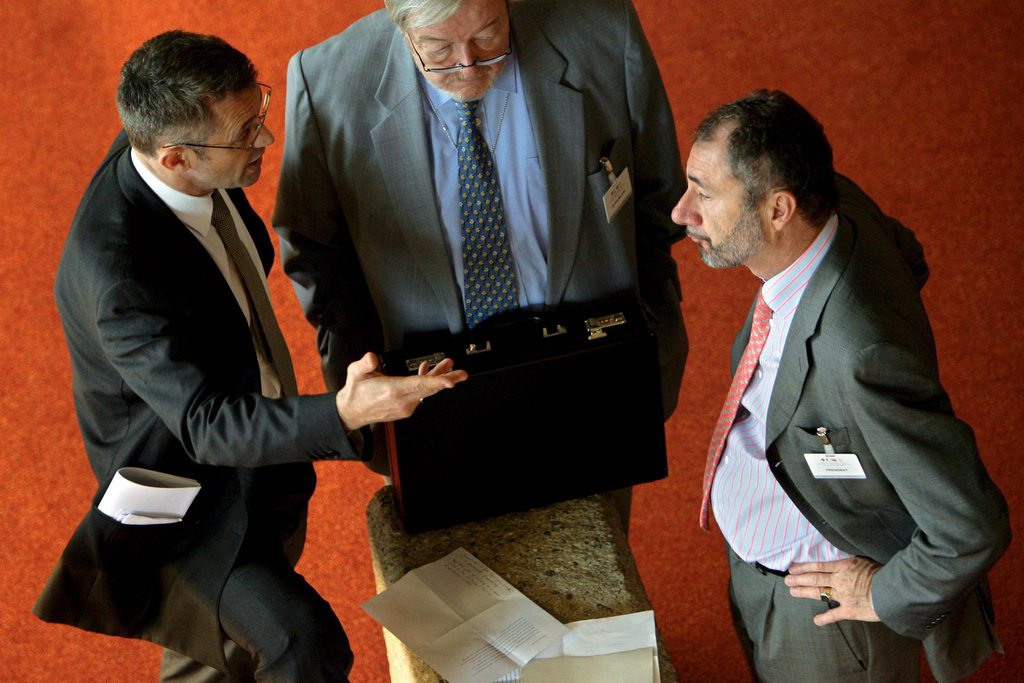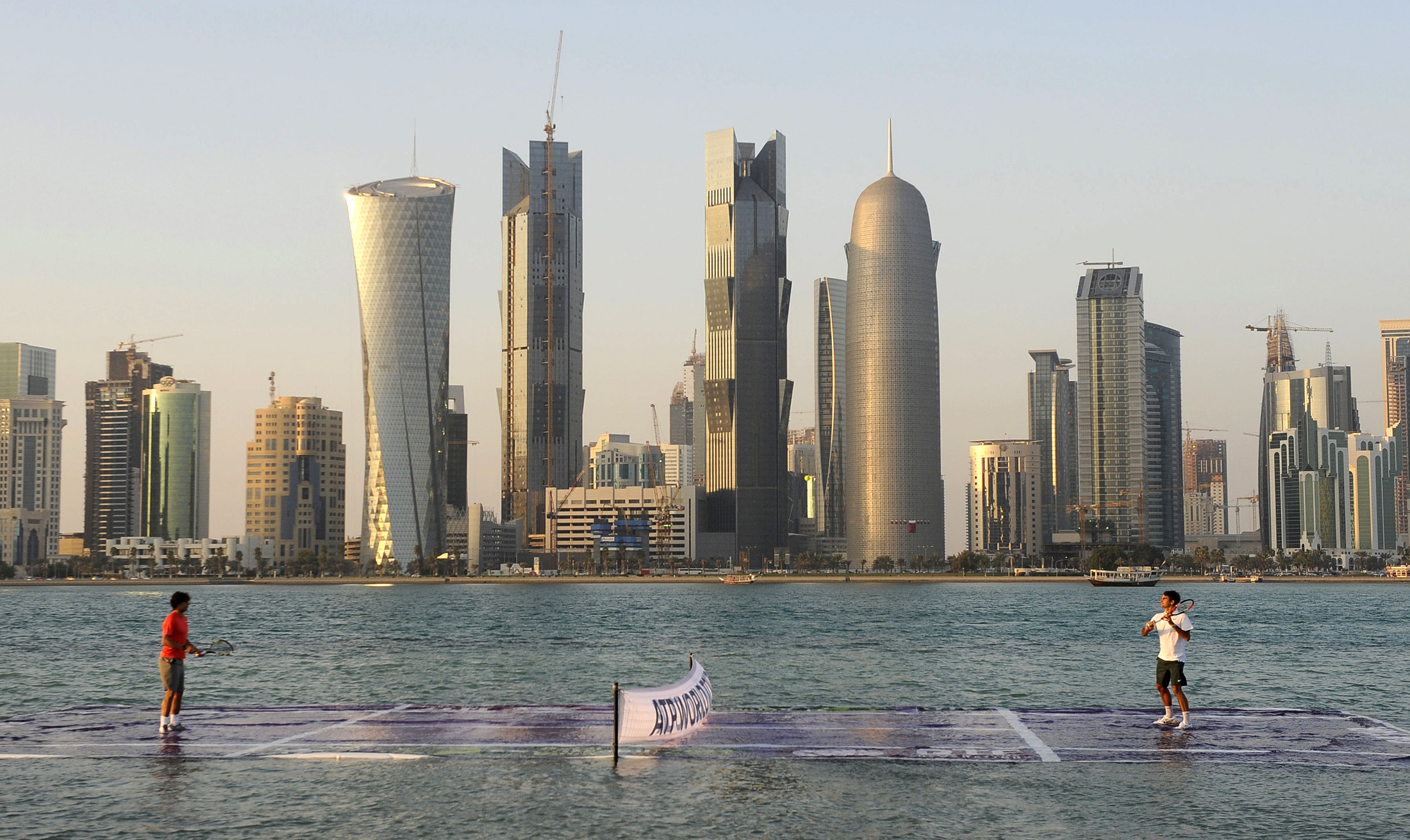Cultural connections open diplomatic doors

While serving in diplomatic posts across the Arab world, the current Swiss ambassador to Qatar found that speaking the local language is just one skill needed to do the job well – perseverance, prudence and social bonding are also key.
An experienced diplomat fascinated by the Middle East, Martin Aeschbacher first studied at the Institute for Islamic and Middle Eastern Studies at the University of Bern before travelling to Damascus and Aleppo to perfect his Arabic language skills. Since joining the foreign ministry in 1985, he has served as Swiss ambassador to several Arab countries, including Libya and Syria.
While living in Libya during the iron-fisted rule of Moammar Gaddafi, Aeschbacher says he discovered certain complexities in his professional dealings as well as a likeable and convivial local population.
“I first realised the difficulties I was facing during a reception organised by another embassy which was attended solely by diplomats and members of the foreign ministry,” Aeschbacher tells swissinfo.ch. “So I learned how it was difficult for Libyan citizens to have contacts with diplomatic circles.”
That was just one of many obstacles to overcome in Libya, where the concentration of power in the hands of one man paralysed state institutions and made communication with decision makers difficult.

More
Scenes of diplomatic life
Building contacts
Despite such challenges, little by little, the career diplomat was able to reach out and meet Libyans from all walks of life. Proficiency in Arabic made the task easier but perseverance helped as well, Aeschbacher says. By taking part in events such as Iftar meals organised by the various Arab embassies during Ramadan, he was able to increase his meetings with local Libyans and grow his circle of contacts.
When he arrived in Damascus as the Swiss ambassador, Aeschbacher found that his time as a student in Syria gave him a deeper understanding of the country’s history and its society, which is very different from Libya’s.
However, he struggled to understand the first signs of the revolution. When uprisings exploded in the suburbs of Damascus, for example, Aeschbacher realised he did not have sufficient knowledge of areas he had visited in times past, despite having established relationships with the locals.
With the benefit of hindsight, Aeschbacher admits today that, “Shortly before leaving Damascus in August 2011, I discovered that despite my long experience in Syria, there was still much about the country I didn’t know. It’s easy for a diplomat to develop relationships with Syrians who are less conservative than other Arab peoples. It’s also worth noting that the local authorities did not stop citizens from having contacts with the embassies.”
Again, the ability to speak Arabic, especially the Syrian dialect, helped Aeschenbacher gain understanding of the situation, even if it wasn’t sufficient to forge strong relationships. The diplomat notes he was always well received by high-ranking Syrian officials, even though it was difficult to obtain useful political information from them.
Getting information became easier after the revolution began, but verifying its veracity posed a real problem.
In Syria, Aeschbacher regarded himself as an ambassador not only to the Syrian government, but also to the local population – often a difficult line to walk.

More
What makes a good Swiss diplomat?
Outside the “Green Zone”
Aeschbacher also spent three years in Baghdad, arriving in 2003 shortly after the city fell to the American offensive against Saddam Hussein’s regime. Information was circulating much more freely than it had under the regime, but it was also often contradictory and in need of verification.
Aeschbacher relied on newspapers and contact with local people for information.
He made a point of living outside the high-security “Green Zone”, which enabled him to better observe the situation on the ground and gather information from the local area in which he lived.
At his current post in the Qatari capital of Doha, Aeschbacher was responsible for opening a new embassy, a new experience for him which provided unique insight into the societies of the Gulf States.
Particularly interesting for Aeschbacher is how the Qatari population is reconciling local traditions with opening the country to exterior influences.
And he says social relationships remain key in Arab countries, where personal connections are a part of the cultural fabric.
“Sometimes I received non-official invitations which I accepted with pleasure and where I received a very warm welcome,” he says.
At the end of the day, to Aeschbacher, a diplomat’s most important assets come down to prudence and perseverance.
“An ambassador must build bridges between his country and that of his posting and encourage understanding between the two societies,” he says.
(Translated from French by Sophie Douez)

In compliance with the JTI standards
More: SWI swissinfo.ch certified by the Journalism Trust Initiative

You can find an overview of ongoing debates with our journalists here. Please join us!
If you want to start a conversation about a topic raised in this article or want to report factual errors, email us at english@swissinfo.ch.